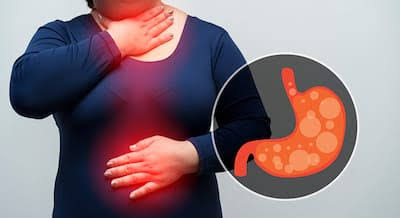The Immigration, Refugees and Citizenship Canada (IRCC) recently declared that it will no longer accept applications for study permits filed under the Nigeria Student Express (NSE) and Student Direct Stream (SDS) streams.
The Nigeria Student Express (NSE) stream was designed to shorten the processing timeframes for study permits and is available to Nigerian applicants.
This announcement follows recent changes to Canada’s international student program as the federal government attempts to limit the number of temporary residents in the nation through work and study visas.
According to the Government of Canada website,
“NSE is similar to SDS, except that the applicant must show that they have funds in a bank account (NSE) instead of purchasing a Canadian guaranteed investment certificate (GIC) and paying fees as they would for SDS. NSE relies on a local verifiable banking solution (MyBank)”.
According to the notification, all applications for study permits will henceforth be made through the regular application procedure....Read Full Article [Click Here>]
Immigration, Refugees and Citizenship Canada (IRCC) has implemented a number of significant initiatives over the last 12 months, including:
A maximum of 437,000 additional study permits, including those for master’s and doctoral students, has been set for 2025.
New requirements for applicants seeking a Post-Graduation Work Permit (PGWP) in terms of disciplines of study and language proficiency.
limitations placed on overseas students’ spouses’ access to employment visas.
An updated condition for overseas students seeking a study permit in Canada is the cost of living.
In order to streamline study permit applications for international students from 14 nations—including China, India, Pakistan, and the Philippines—the SDS was introduced in 2018.
Later, when the SDS option was no longer available, the Department realized that a similar program specifically designed for Nigerian applicants was required. In response, the Nigeria Student Express (NSE) pilot was introduced in January 2020, taking into account regional circumstances.





